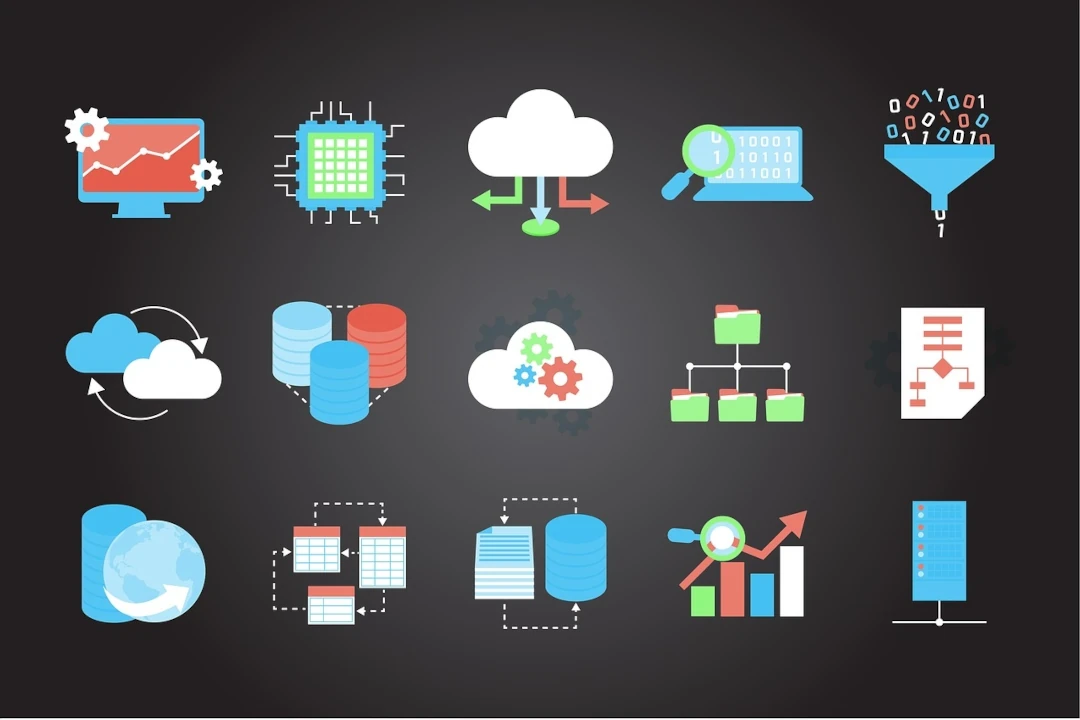Thu May 11 2023
What is Cloud Hosting and How Does it Work?

The cloud is an expansive network of servers connected and designed to operate as one cohesive system. They host applications, store data, and distribute content worldwide.
What this means is that instead of accessing files and data from a local computer, you can access them online from any internet-capable device. This service has become increasingly commonplace in the information technology realm, creating confusion for both consumers and IT pros alike - so read on to learn more and get into it with the rest of us.
How Does It Work?
Cloud computing refers to a range of service models that deliver hosted services over the internet. Popular options include Infrastructure-as-a-Service (IaaS), Platform-as-a-Service (https://www.ibm.com/topics/paas) and Software-as-a-Service (SaaS).
These services offer businesses numerous advantages, such as scalability, cost efficiency and ease of use. Other advantages include mobility, security and disaster recovery capabilities.
Cloud computing offers several key advantages, the primary being accessibility. Users can access data and apps from any internet-connected location, making collaboration with colleagues, customers and vendors much simpler while saving storage space at the same time.
Another significant advantage is its ease of setup and upkeep; as the server provider takes care of everything. This eliminates the need to purchase additional server space or software licenses, cutting costs significantly.
Find best IT asset management for your business.
Companies are thus able to work more efficiently and remain competitive in the market. This helps them boost sales, boost customer satisfaction levels, as well as expand their businesses.
This type of computing can also be utilized to store personal information and documents such as photos and videos. Doing this helps protect important documents from theft and hackers alike.
These services provide secure access to data through a network that connects multiple servers and computers. This guarantees your information remains safe and secure even during natural disasters or power outages.
Cloud computing, which you can learn more about here (generally), can be an ideal solution for businesses that wish to expand, as it is easily scalable up or down. This enables companies to add new clients or departments without needing additional server space or purchasing extra software licenses.

Main Service Models
The cloud is a "remote virtual pool" of shared resources, such as servers, storage and applications that businesses can access on demand. This enables them to easily scale up or down according to demand while cutting costs and complexity in half.
As said before, cloud computing primarily utilizes three main service models: Infrastructure as a Service (IaaS), Platform as a Service (PaaS) and Software as a Service (SaaS).
IaaS (Infrastructure as a Service) is the most popular model and can be deployed on public, private and hybrid types. With this model, which is popular with probably any Cloud Server Provider you may choose - you get virtual servers, networks, operating systems and storage drives at an affordable monthly fee - perfect for small to medium-sized organizations looking for cost-effective IT solutions.
PaaS (Platform as a Service) is an on-demand cloud platform that offers development tools and an automated deployment environment for developers. This enables businesses to rapidly create, test, and launch web-based apps without needing to purchase, maintain or manage their own hardware.
SaaS (Software as a Service) is an internet-based software application available for purchase on a subscription basis and delivered through the internet. This model frees businesses from having to download and install applications on each of their computers, as well as save them the cost associated with software licenses.
Function as a Service (FaaS) is another popular cloud computing model. It enables customers to rapidly code and deploys functions that adjust according to changes in data usage patterns.
FaaS also provides automatic scalability, which can be key in accommodating dynamic workloads. This model, also referred to as serverless computing, allows companies to focus on creating software rather than managing infrastructure.
It can be used for a variety of business applications, such as communication and collaboration platforms like Zoom or Microsoft Teams. It has the capacity to facilitate video conferencing, document management, data backup/recovery operations - the list is endless!
Cloud technology is becoming an integral part of modern businesses, and its importance will only increase as more organizations adopt this model. It plays a significant role in any digital strategy, helping companies stay innovative, flexible and agile in a rapidly transforming market.